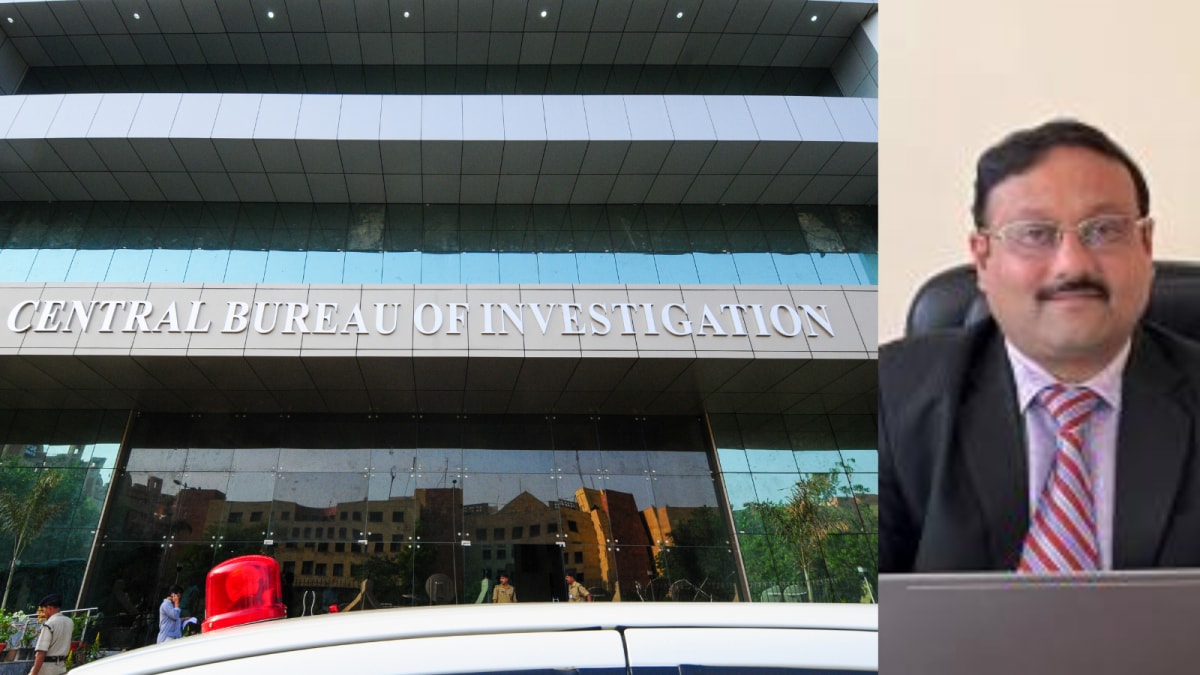 |
|
The National Assessment and Accreditation Council (NAAC), responsible for assessing the quality of higher education institutions in India, has been embroiled in a major corruption scandal. The Central Bureau of Investigation (CBI) arrested ten individuals, including a vice-chancellor and six members of a NAAC inspection committee, on charges of bribery and corruption. Among those arrested is Rajeev Sijariya, a professor at Jawaharlal Nehru University's (JNU) Atal Bihari School of Management and Entrepreneurship (ABVSME), who also held the position of chairperson at the Special Centre for E-learning. The arrests highlight a systemic issue within NAAC, where individuals allegedly accepted substantial bribes in exchange for favorable accreditation reports, leading to institutions receiving undeservedly high grades, such as A++. This scandal casts a significant shadow over the credibility and integrity of the NAAC accreditation process, raising serious concerns about the fairness and transparency of the system.
Sijariya's arrest and subsequent suspension from JNU underscore the gravity of the situation. Faculty members have reportedly questioned Sijariya's conduct even before this scandal, noting issues during his time as dean of the management school. The CBI's investigation uncovered a network of bribery involving significant sums of money, as well as gifts like gold, laptops, and mobile phones. The breadth of the corruption extends beyond Sijariya and the inspection committee members; it implicates the vice-chancellor of Andhra Pradesh's Koneru Lakshmaiah Education Foundation (KLEF) and two of its executives, along with NAAC's advisor and former deputy advisor. The scale of the bribery suggests a deeply entrenched problem within the system, requiring significant reforms to restore trust and ensure accountability.
The revelations have prompted swift action, with JNU suspending Sijariya immediately following his arrest. NAAC's executive committee chairperson, Anil Sahasrabudhe, described the involvement of the inspection committee head and professors as “shocking.” He emphasized that NAAC has been working on reforms to address previous irregularities, including weeding out problematic experts and implementing a computer algorithm to select inspection teams. However, the recent arrests highlight the limitations of these existing reforms and the necessity for more comprehensive changes. Sahasrabudhe acknowledged the need for further investigation and stricter measures to prevent future incidents. The implementation of a new maturity-based accreditation system, currently under development, is intended to address these shortcomings and improve the system's transparency and integrity. This system, which is expected to include industry involvement and a multi-level grading structure, aims to create a more robust and trustworthy accreditation process.
The current scandal is not the first to plague NAAC. In March 2023, the previous executive committee chairperson, Bhushan Patwardhan, resigned after repeatedly requesting an independent inquiry into irregularities within the council. His concerns, along with the growing concerns about transparency and accountability, prompted the Union Education Ministry to appoint an overarching committee in November 2022 to recommend reforms. This committee, led by former ISRO chief K Radhakrishnan, submitted its report in January 2024, proposing significant changes to the accreditation system. The recommendations included a shift from a graded system to a binary accreditation (accredited or not accredited) to encourage broader participation and foster a quality culture. Furthermore, the committee suggested a maturity-based graded accreditation system with multiple levels to incentivize continuous improvement among institutions. These recommendations are still being implemented, but the latest corruption scandal demonstrates the urgent need for their swift and effective rollout.
The long-term implications of this scandal are far-reaching. The credibility of NAAC's accreditation process is severely damaged, potentially affecting the reputation of numerous higher education institutions. Students and parents may question the value and reliability of NAAC accreditation ratings. Furthermore, the scandal underscores the need for greater transparency and accountability in all aspects of India's higher education system. Moving forward, robust oversight mechanisms, stricter enforcement of ethical guidelines, and transparent processes are crucial to restoring public trust in the NAAC and ensuring the integrity of the higher education accreditation system in India. The CBI investigation and the ongoing reforms are critical steps toward addressing these systemic issues and preventing similar scandals from occurring in the future. However, sustained efforts are needed to ensure lasting change and prevent future instances of corruption within the NAAC.
Source: 'Shocking': JNU Professor Named By CBI Suspended Over NAAC Corruption Allegations
